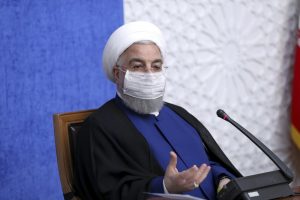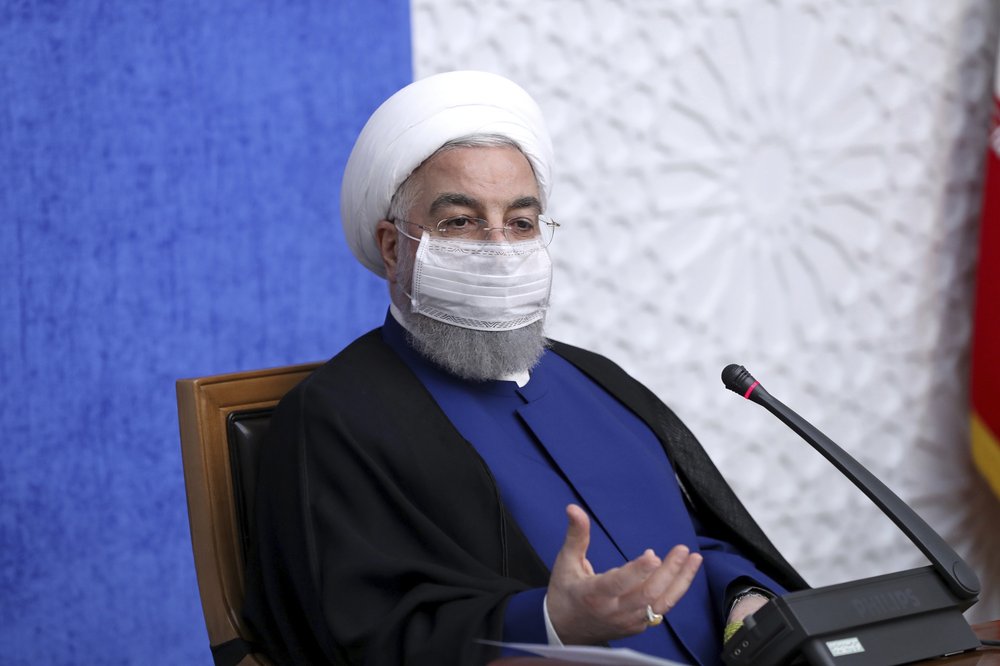Iran Nuclear Deal Prospects Remain Stalled
By Liam Brucker-Casey
International News Editor
After the United States withdrew from the Joint Comprehensive Plan of Action (JCPOA), better known as the Iran Nuclear Deal, the possibility of a non-nuclear Iran was put in jeopardy. During the Obama administration, the US, along with Russia, China, Britain, France, and Germany had joined in negotiations with Iran. A deal was hammered out that would among other things see Iran limit its nuclear enrichment, and allow for an independent body to perform inspections to ensure adherence to the deal requirements in exchange for the lifting of nuclear-related sanctions. When the Trump administration withdrew from the deal, the United States reimposed nuclear-related sanctions. The new White House administration under President Biden has publicly expressed a desire to rejoin the JCPOA, but Iran, burned by the diplomatic 180 that took place under the Trump administration, is seemingly hesitant to go back to business as usual.
Reformist Iranian President Hassan Rouhani has signaled that Iran looks forward to complying with the nuclear deal, but only when the United States lifts sanctions. While a public statement is not by any means certain to correspond to the Iranian Regime’s true intentions, it is quite understandable why Iran would play hard to get. Many in the regime may fear another foreign policy about-face come the next US Presidential election, and as a recent US retaliatory strike against an Iranian-backed militia shows, US-Iran relations are hardly cordial. The threat of nuclear development has been as much of a bargaining chip for Iran as it has been a cause of international condemnation.

An additional complicating factor that would seem to delay negotiations is the upcoming Iranian Presidential election in June, which will determine which candidate succeeds President Rouhani. The current frontrunner is former President Mahmoud Ahmedinejad. Though the controversial populist leader was vocal in his anti-American feelings during his presidency, Ahmedinejad has seemed to soften in his views during Rouhani’s presidency and has signaled interest in participation in the JCPOA. All of this may be mute however, as the Supreme Leader of Iran, Ayatollah Ali Khamenei, who can decide which individuals may run for President, may dismiss him before the election.
The US sanctions have clearly hit Iran where it hurts, contributing to further resentment of the Regime among Iranians dissatisfied with the Nation’s economy. In late 2020 widespread protests swept through Iran, leading to a backlash by the Regime that may have caused up to 1500 deaths. Nonetheless, Iran has by no means exhausted all of its options and it is uncertain for how long the world will have to wait to see a return to the JCPOA.
Contact Liam at bruckeli@shu.edu

